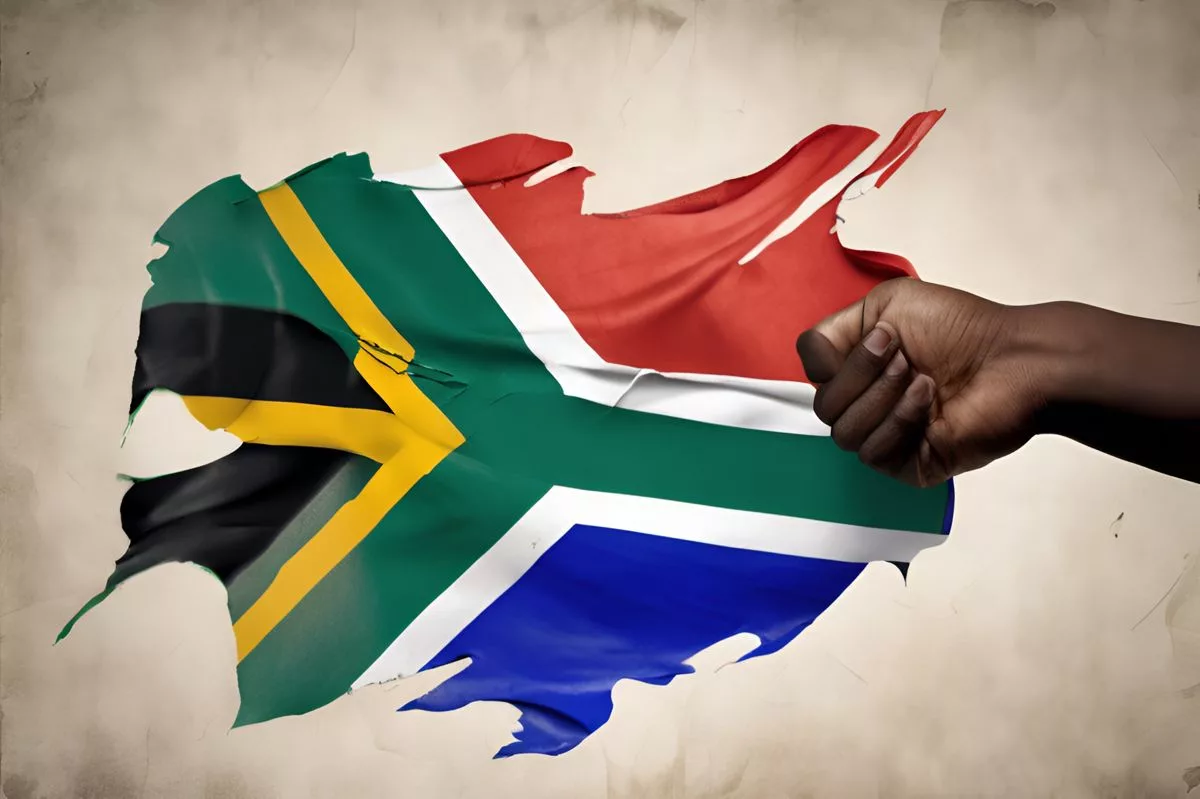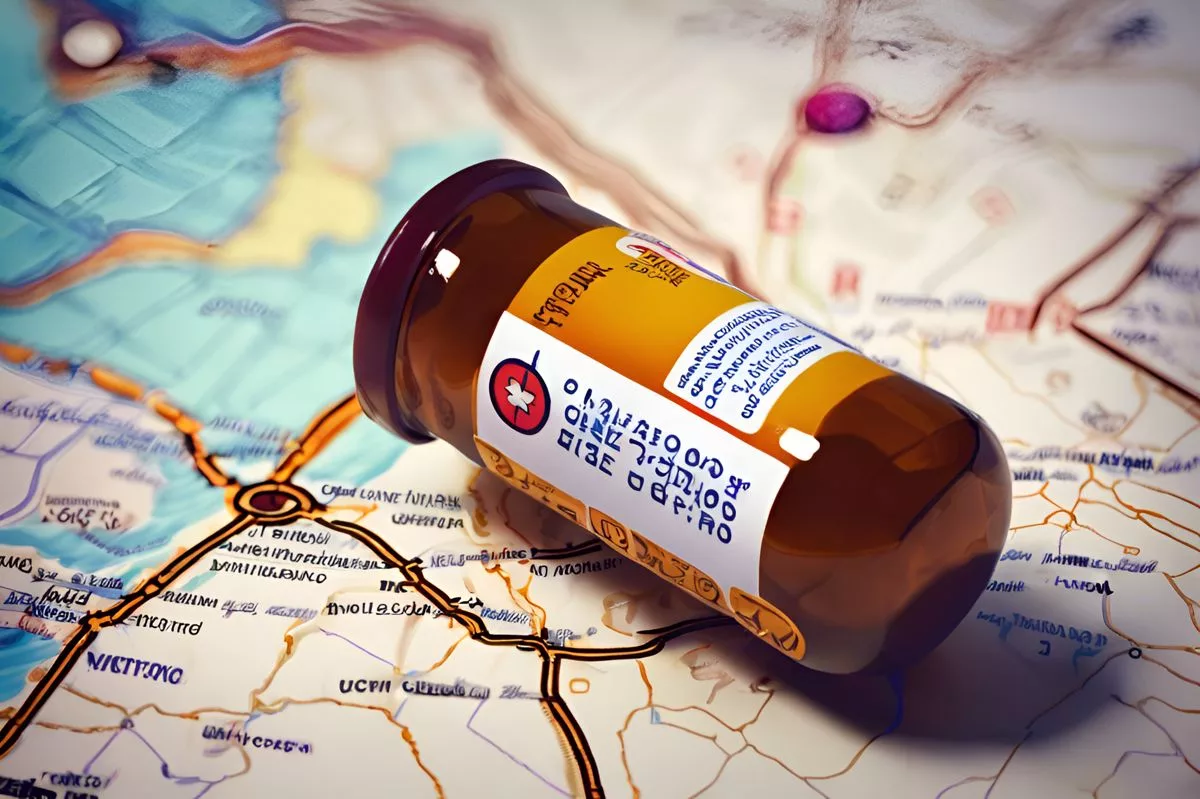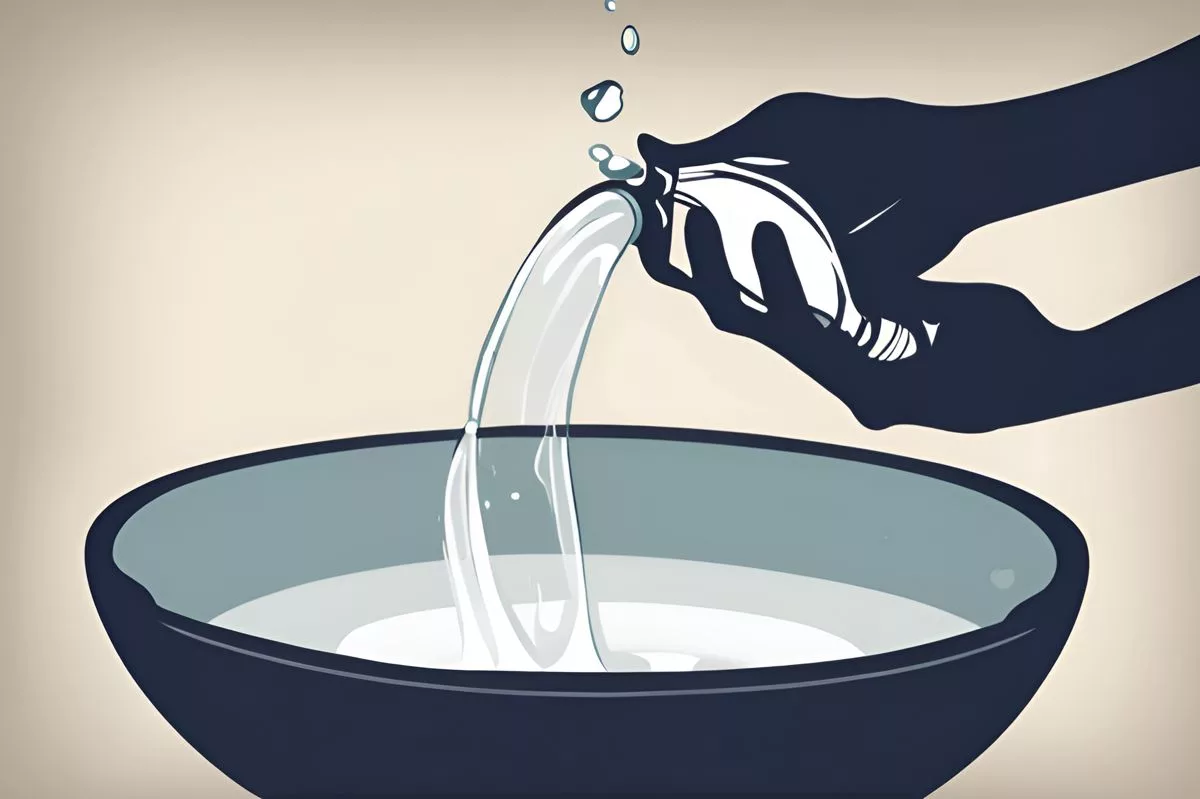Supporters of former South African President Jacob Zuma and the MK Party are concerned about being excluded from the upcoming general elections, leading to increasing political tensions in the country. The African Democratic Change councillor has warned that barring the MK Party could lead to civil unrest, potentially halting all electoral activities. The MK Party is also battling legal disputes with the ruling African National Congress over the use of its symbols. Despite the uncertainty, the hope for peaceful resolutions and fair democratic processes continues.
Political unrest stirs in South Africa as supporters of former President Jacob Zuma and the MK Party fear potential exclusion in the upcoming general elections. The African Democratic Change councillor issued a warning, stating that barring the MK Party could lead to civil unrest, halting all electoral activities in the country. The MK Party is also embroiled in legal battles with the African National Congress over the use of symbols associated with the ruling party. Despite the tense political climate, the hope for peaceful resolutions and fair democratic processes remains.
Escalating Tensions with the IEC
The political climate in South Africa has been marked by escalating tensions, with supporters of former President Jacob Zuma and the MK Party raising concerns of potential instability and chaos. This unease stems from their fears that the Independent Electoral Commission (IEC) could block their involvement in the upcoming general elections. Visvin Reddy, a councillor from the African Democratic Change in eThekwini, stood out in a recent video where he issued cautionary words to the IEC. His message was unmistakable; should the MK Party be sidelined, all electoral activities in the country could come to a standstill.
Reddy’s strong statement represents the intensity of the current situation and the potential for violence. His words were explicit, “The moment the MK Party is barred from campaigning and inclusion on the ballot paper, this nation may plunge into civil unrest. We’ll ensure that nobody votes.” The MK Party remains determined to have its voice heard and to maintain its right to participate in the electoral process.
Threats of Civil Unrest
Reddy did not stop at the warning against the IEC. He further pointed to a potential uprising if the courts, which he hinted as occasionally being manipulated, were to block the MK Party’s participation. He predicted unparalleled riots and anarchy, going as far as to assert that no South African would go to the polls if the MK Party is not included on the ballot paper.
The relationship between the MK Party and the African National Congress (ANC) is strained, even more so because of the ANC’s legal challenge over the MK Party’s use of the uMkhonto weSizwe name. Reddy’s remarks were made in the context of dual lawsuits initiated by the ANC, which seems intent on having the MK Party deregistered and prevented from using symbols associated with the ruling party.
Legal Battles and Shifting Allegiances
The ANC’s legal representatives have engaged Jabulani Sibongiseni Khumalo, the MK Party’s founder, over the use of the uMkhonto weSizwe logo and trademark. The ANC maintains that it has used these symbols for decades and has demanded that Khumalo stop using them. This adds yet another layer to the political conflict unfolding.
The controversy hit a fever pitch when former president Zuma announced he wouldn’t campaign for the ANC in the 2024 general elections, instead pledging his vote to the MK Party. By stating that the current ANC was not the party he once put everything on the line for, Zuma deepened the rift between himself and the party he used to lead.
Democracy Amidst Political Tension
Despite the tense and uncertain political environment, this situation underscores the significance of democratic processes. It illustrates to what extent political parties and individuals will go to have their voices heard. As the general elections draw near, the hope for peaceful resolutions and a fair democratic process remains. One can only hope that this political conflict doesn’t stem into something more severe, threatening the peace and stability of the nation. Despite the adversities, it is crucial that the sanctity of the democratic process be maintained.
1. What is causing political unrest in South Africa?
Supporters of former President Jacob Zuma and the MK Party are concerned about being excluded from the upcoming general elections, leading to increasing political tensions in the country.
2. What is the warning issued by the African Democratic Change councillor?
The African Democratic Change councillor has warned that barring the MK Party could lead to civil unrest, potentially halting all electoral activities.
3. What is the relationship between the MK Party and the African National Congress (ANC)?
The relationship between the MK Party and the African National Congress (ANC) is strained, even more so because of the ANC’s legal challenge over the MK Party’s use of the uMkhonto weSizwe name.
4. What legal issues are the MK Party and the ANC fighting over?
The ANC’s legal representatives have engaged Jabulani Sibongiseni Khumalo, the MK Party’s founder, over the use of the uMkhonto weSizwe logo and trademark. The ANC maintains that it has used these symbols for decades and has demanded that Khumalo stop using them.
5. What is the significance of the democratic process amidst the political tension?
Despite the tense and uncertain political environment, this situation underscores the significance of democratic processes. It illustrates to what extent political parties and individuals will go to have their voices heard. As the general elections draw near, the hope for peaceful resolutions and a fair democratic process remains.
6. What is the hope for peaceful resolution amidst the political conflict?
Despite the adversities, it is crucial that the sanctity of the democratic process be maintained, and the hope for peaceful resolutions and fair democratic processes continues.












